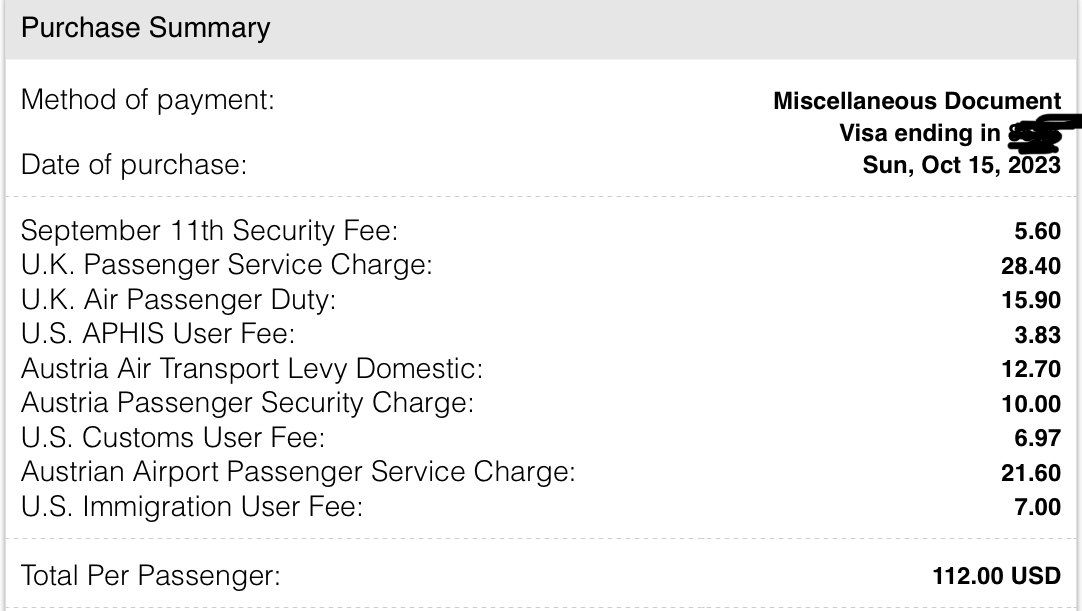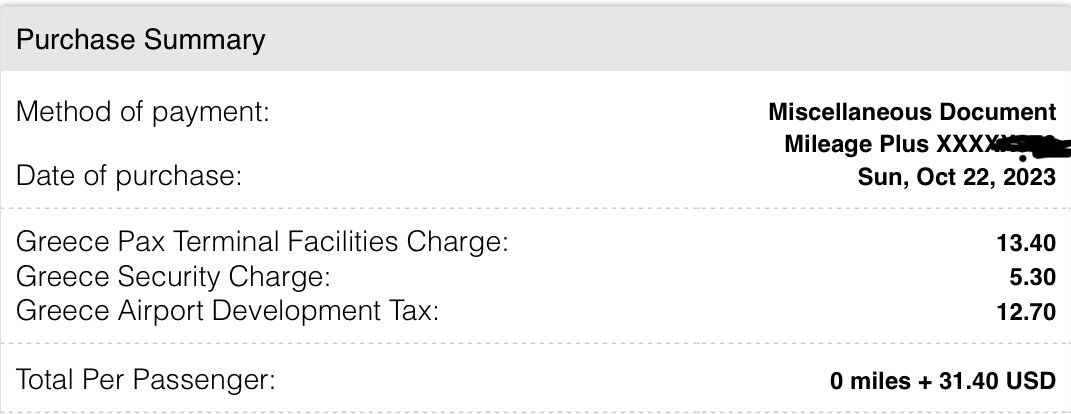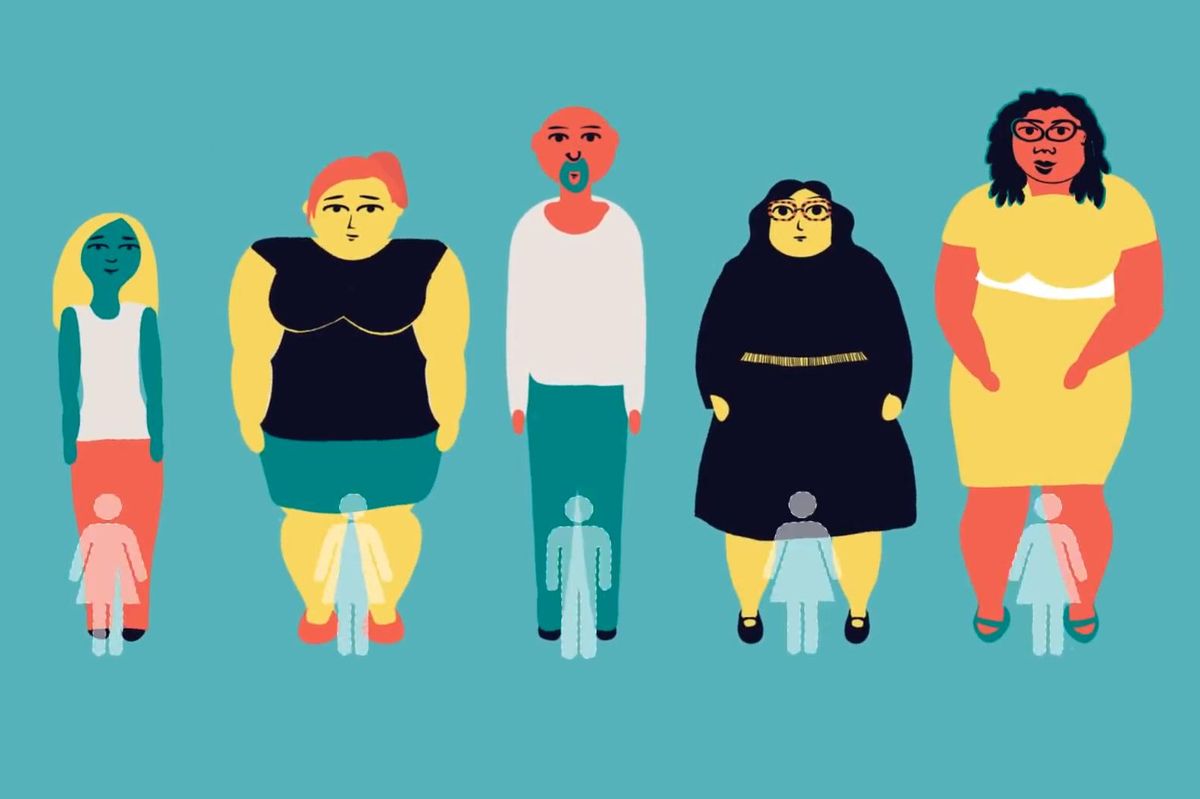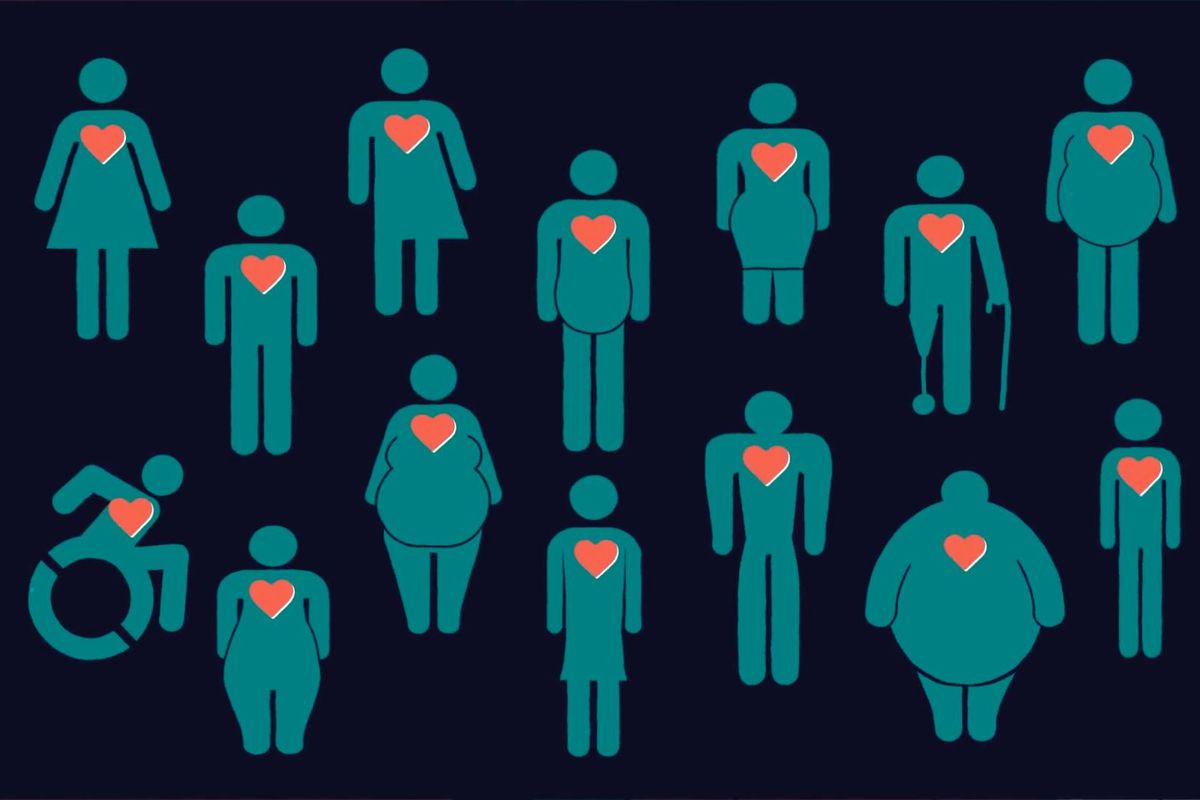“Sometimes, you need to change perspectives in order to gain new insights!” is not exactly a sentence one might expect to hear from a corporate exec, but it is a philosophy that led Jens Ritter, CEO of German company Lufthansa Airlines, to taking on a shift as a flight attendant.
In a post shared on LinkedIn, Ritter detailed his experience of working as additional cabin crew for a flight heading to Riyadh and Bahrain, taking care of passengers in business class.
Though Ritter’s previous career as a pilot gave him some insight into the challenges of working a flight, taking on the responsibilities of an attendant left him “astonished.”
"I was amazed by how much there is to organize, especially if something doesn't go as planned,” Ritter recalled, noting how on his flight the offered menu items weren’t actually the meals loaded onto the plane.
Beyond purely administrative tasks, Ritter acknowledged the difficult task of addressing individual wishes and dealing with different energies (something airline attendants don’t get credit for nearly enough).

Jens Ritter working as a flight attendant on Lufthansa Airlines
media.licdn.com
And on that note, Ritter found it particularly taxing to “be present and attentive and charming” during an overnight flight “when the biological clock just tells you to sleep.” He confessed that it was an “entirely different” experience than what pilots endure.
Ritter concluded his post by thanking the cabin crew and said that his time spent on the ground (well, on the ground, in the air) would make “deciding things in the office different” moving forward.
At a time when stories of out-of-touch, greedy CEOs inundate the headlines, it’s refreshing to see those in managerial positions actively try to connect, empathize and support their workers, rather than exploit all resources for a bottom line. Not enough business heads recognize how crucial this kind of connection is—not just for the sake of virtue, but for the profit they so desperately want to maintain. But as Ritter’s action shows, it’s not all corporate greed out there.

Ritter found it particularly taxing to “be present and attentive and charming” during an overnight flight.
media.licdn.com
We could probably all stand to benefit from taking a shift in the service industry. The stress of having to maintain everyone’s good time while simultaneously problem-solving, organizing and generally keeping things afloat is not for the faint of heart. And flight attendants in particular juggle it all on a daily basis—and some even manage to make it a show. It’s great that Ritter is advocating for flight attendants by stepping into their shoes.
All in all, a change in perspective can lead to wonderful things.












